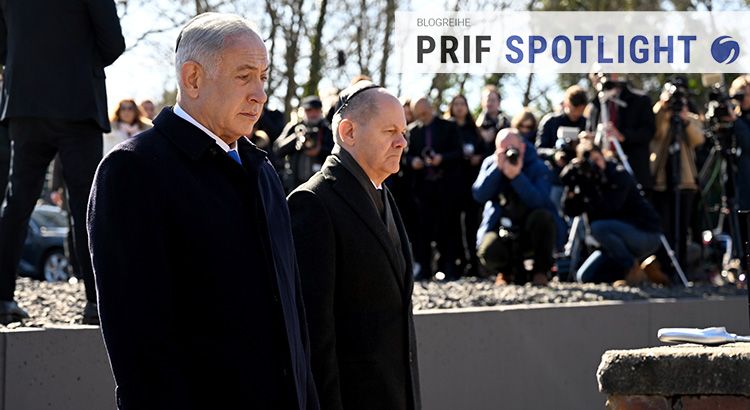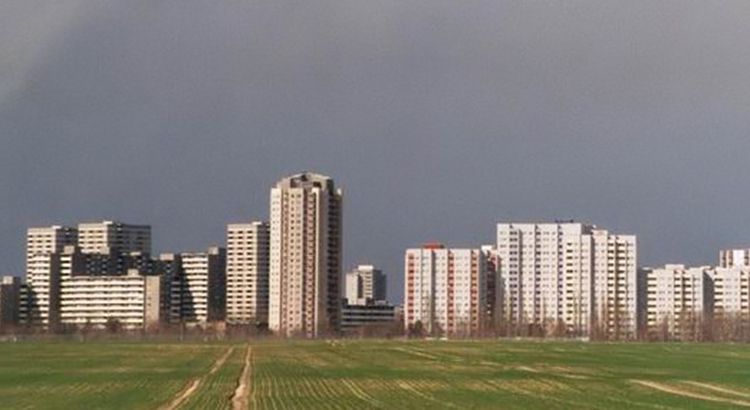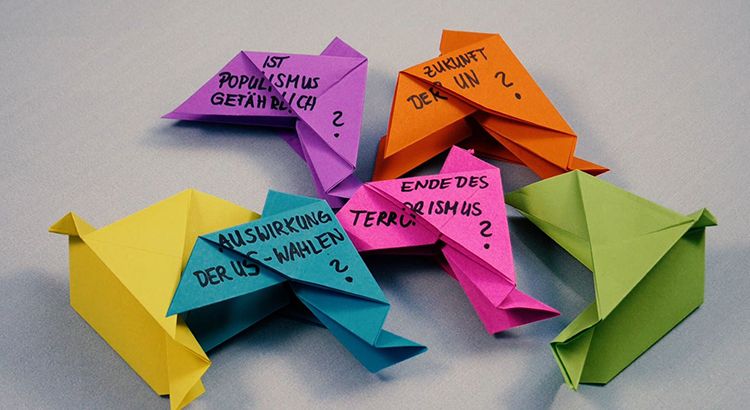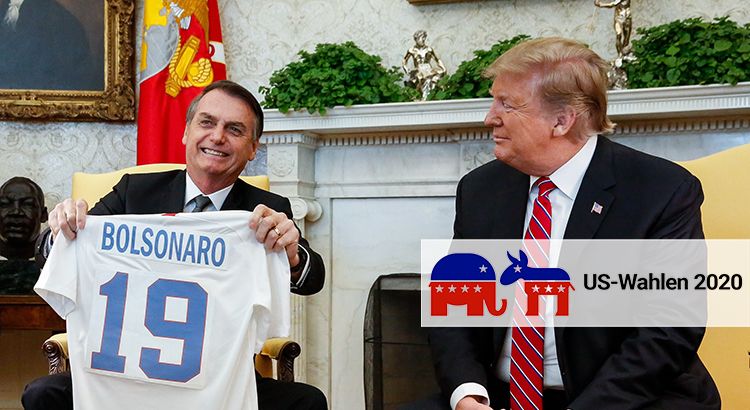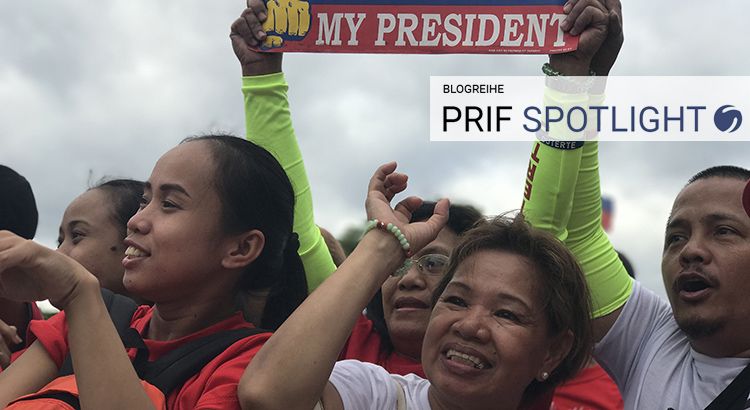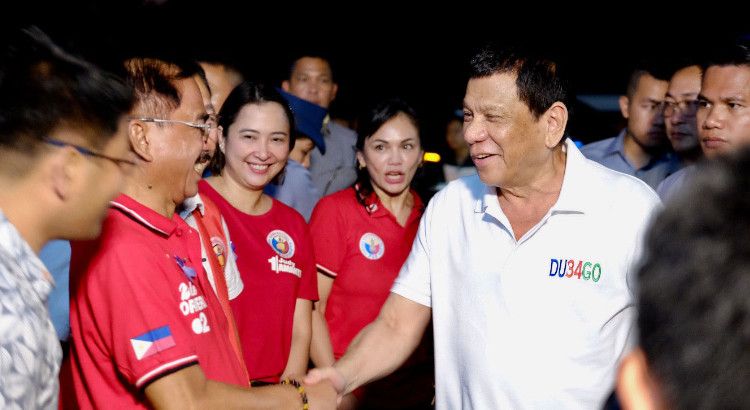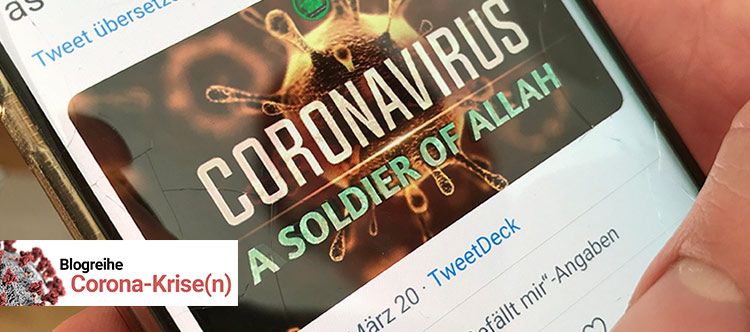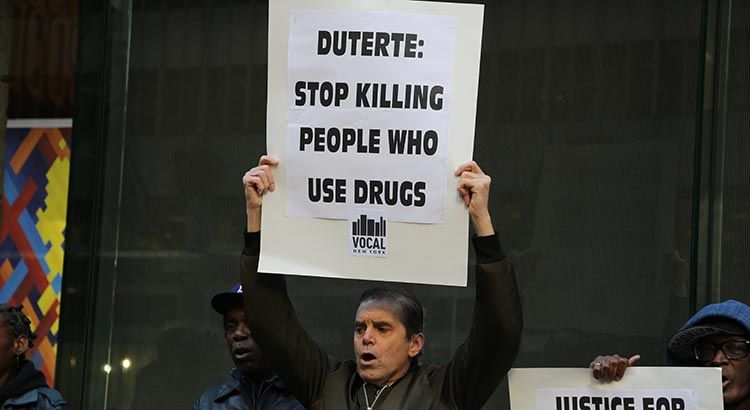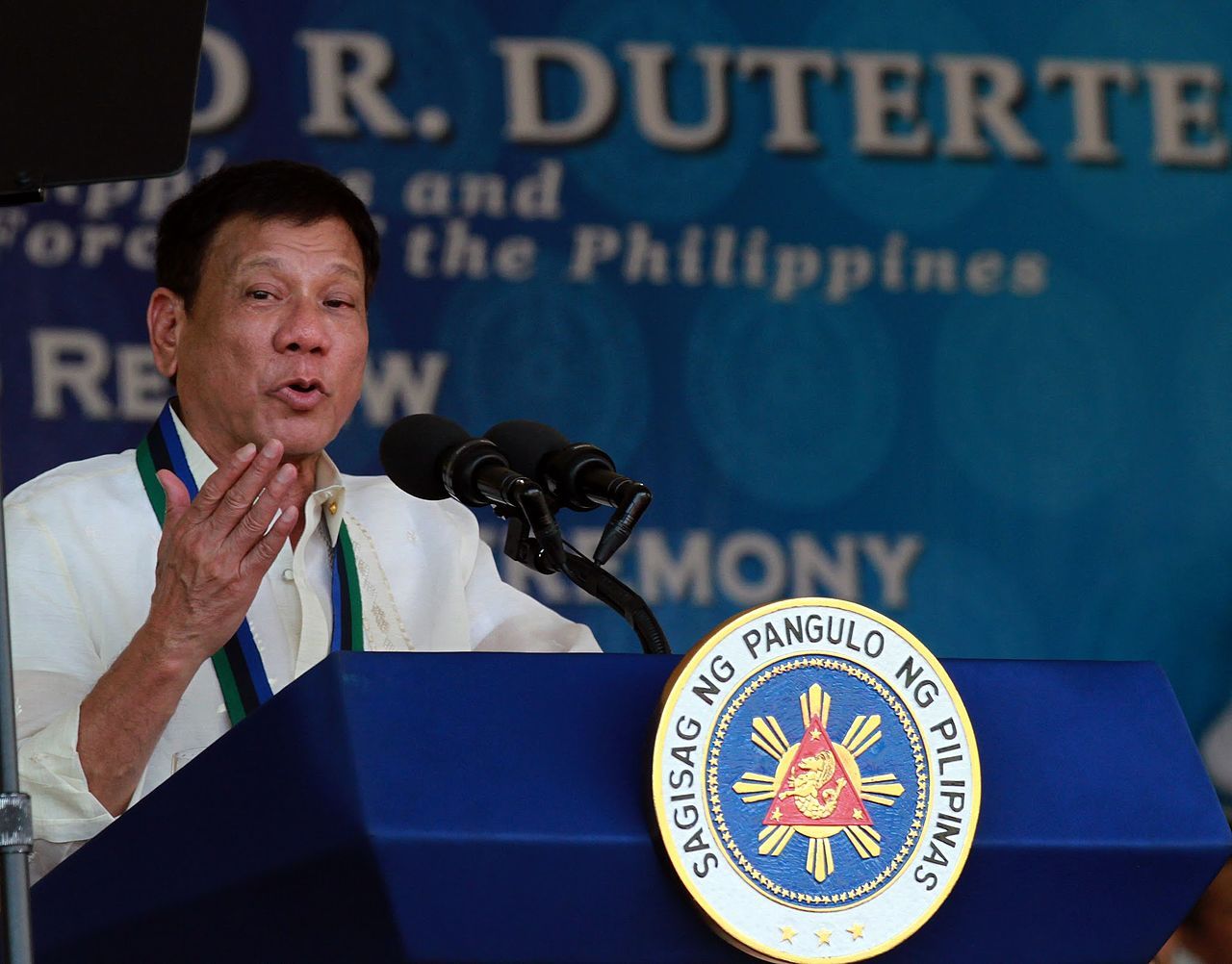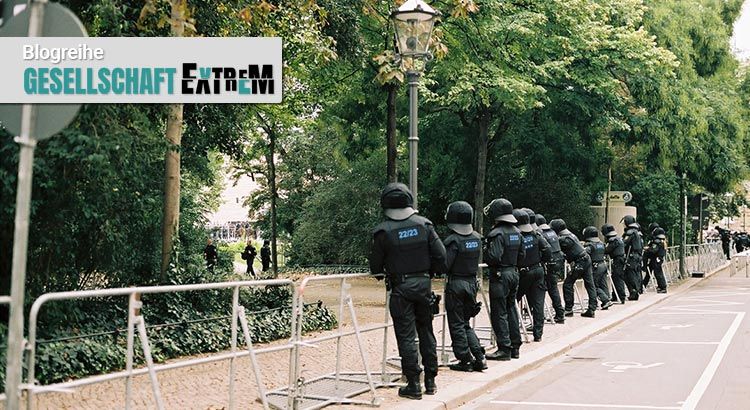Tag: Populism
The current Spotlight explores different interpretations of Germany’s Staatsraison – or raison...
AfD, Corona-Pandemie und (städtische) Geographien der Peripherisierung
Der Aufstieg der AfD scheint im Superwahljahr 2021 gebremst. Die Verluste in den Landtagswahlen...
Im Dialog mit hessischen Schülerinnen und Schülern
Zwei Schulkurse und drei Wissenschaftlerinnen der HSFK sind bei den Frankfurter Ideen für den...
The Populist Pandemic Playbook: COVID-19 and the Limits of Right-Wing Populist Government
With the announcement of having contracted Covid-19 in early October, US President Donald Trump...
Der autoritäre Patron, der liefert? – Weiterhin breite Unterstützung für Präsident Duterte in den Philippinen
Im Mai 2016 wurde mit Rodrigo Duterte ein Politiker zum Präsidenten der Philippinen gewählt, der...
Duterte, Estrada, Thaksin and the Battle Cry of Populism
The current and former leaders of the Philippines and Thailand, Rodrigo Duterte, Joseph...
The Coronavirus as a Means to an End: Extremist Reinterpretations of the Pandemic
Various aspects of society and everyday life have become affected by the clampdown on the...
Duterte’s war against drugs in the Philippines: Continuity and change
Since the election of Rodrigo Duterte to President of the Philippines, the Philippine National...
Populism, executive assertiveness and popular support for strongman-democracy in the Philippines
Populists are supposed to thrive on their ability to mirror, condense and radicalize popular...
Radikalisierung der Gesellschaft? Ein Streitgespräch
Obwohl in der Debatte nach dem „Wie“ und „Warum“ von Radikalisierungsprozessen Individuen und...
